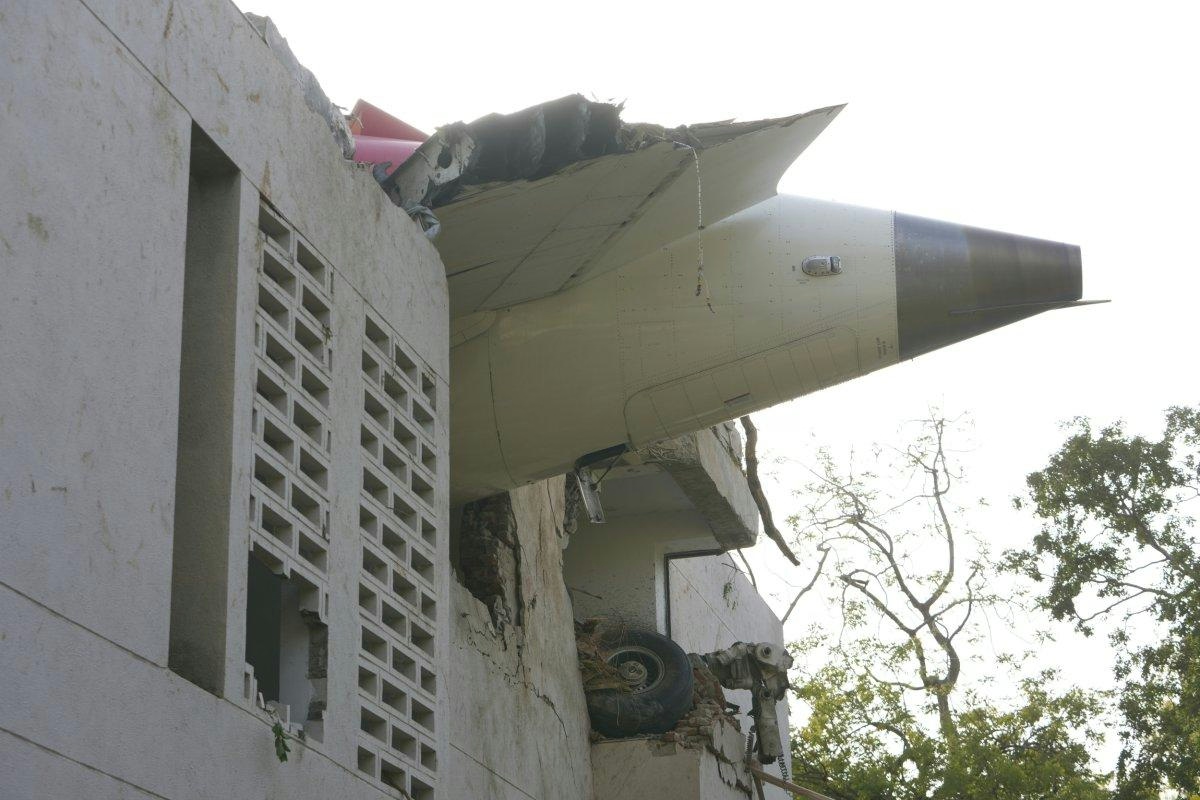現在のトレンド
How AI and Alternative Propulsion Could Transform Aviation Maintenance
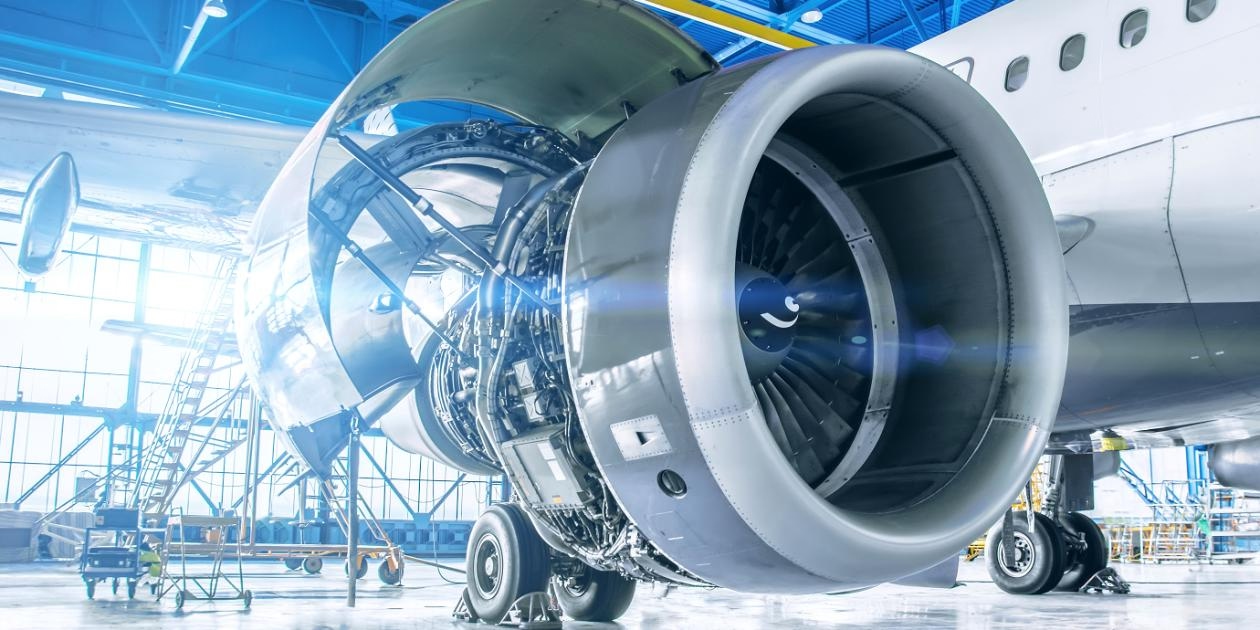
How AI and Alternative Propulsion Could Transform Aviation Maintenance
Artificial intelligence (AI) and alternative propulsion technologies are set to fundamentally alter the aviation maintenance sector, offering the potential for substantial cost savings and enhanced operational efficiency. As airlines and maintenance, repair, and overhaul (MRO) providers strive to optimize their processes and improve reliability, these innovations are increasingly gaining momentum within the industry.
The Promise of AI and Alternative Propulsion
AI-powered predictive maintenance systems have the capability to process extensive operational data, allowing for the early identification of potential faults and a reduction in unscheduled downtime. This transition from reactive to proactive maintenance not only decreases expenses but also prolongs the service life of vital aircraft components. Concurrently, alternative propulsion technologies—such as electric and hybrid-electric engines—are introducing new maintenance frameworks. These systems typically feature fewer moving parts, which could translate into lower long-term servicing demands compared to conventional jet engines.
Challenges and Industry Response
Despite their promise, the integration of AI and alternative propulsion faces significant challenges. Regulatory bodies must update existing frameworks to address new maintenance procedures and safety standards associated with these technologies. Industry incumbents are approaching adoption cautiously, carefully evaluating the risks and benefits of incorporating relatively untested systems into their fleets and operational routines.
Market responses to these technological advancements are expected to vary. While some companies are proactively investing in AI solutions and forming partnerships to expedite the adoption of alternative propulsion, others remain wary due to regulatory uncertainties, initial investment costs, and the potential disruption to established business models. In response, competitors are either embracing new technologies themselves or forging strategic alliances to safeguard their market positions.
As the aviation maintenance industry undergoes this transformative phase, the interplay between innovation and prudence will be pivotal in shaping its future. The successful widespread implementation of AI and alternative propulsion will depend heavily on overcoming regulatory obstacles and securing broad industry acceptance. The coming years will be crucial as stakeholders adapt to these emerging technologies and work to redefine maintenance standards across the sector.
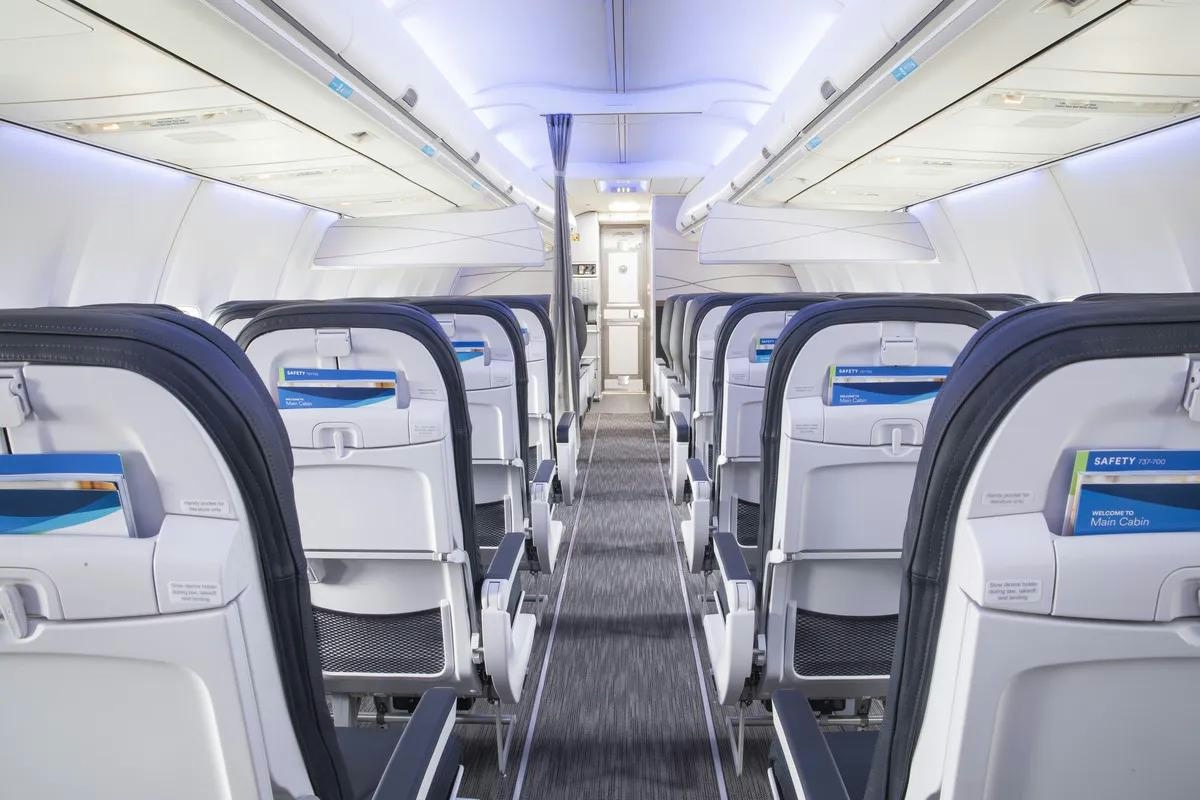
Key Questions on Chinese Travel, AI, and Airlines Answered by Skift
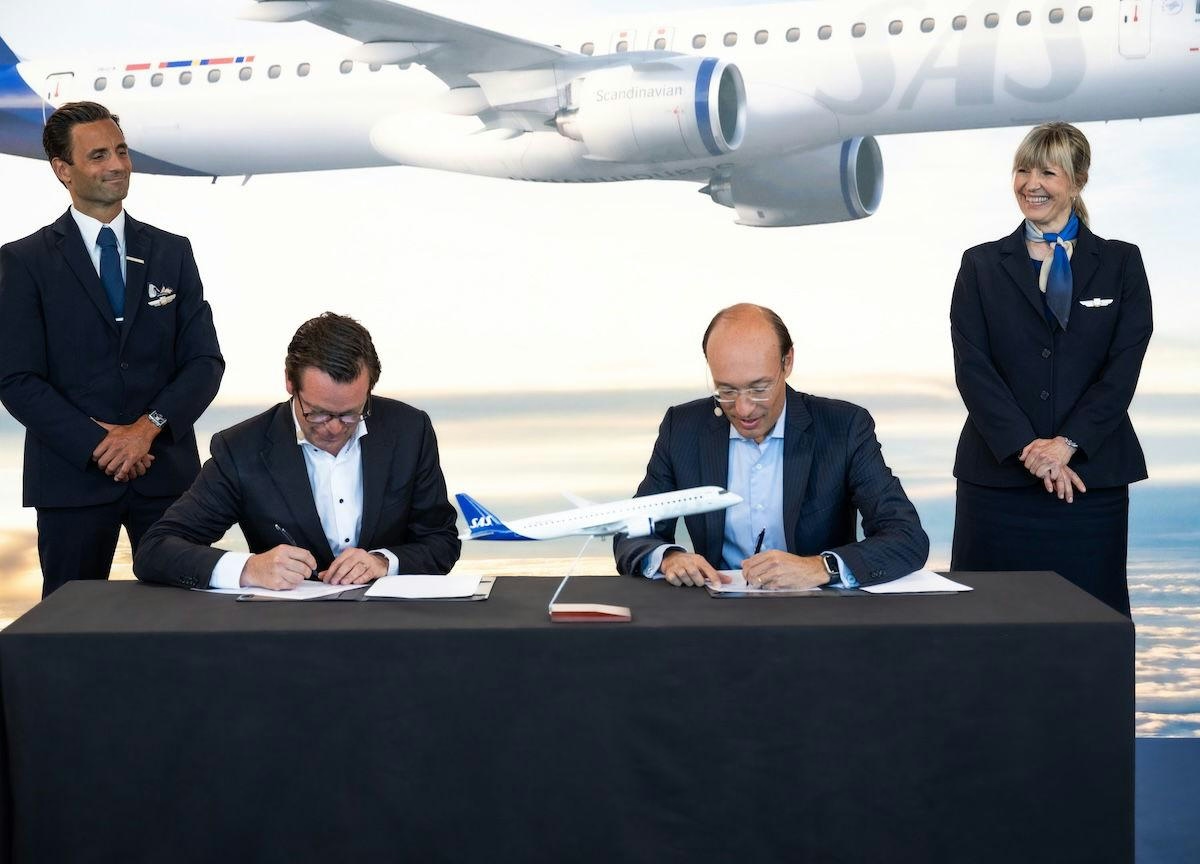
SAS Orders Up to 55 Embraer E195-E2 Jets

Portugal Hosts Aviation Pioneers at World Aviation Festival in Lisbon

World Star Aviation Backs XMAL’s First Lease Deal with easyJet
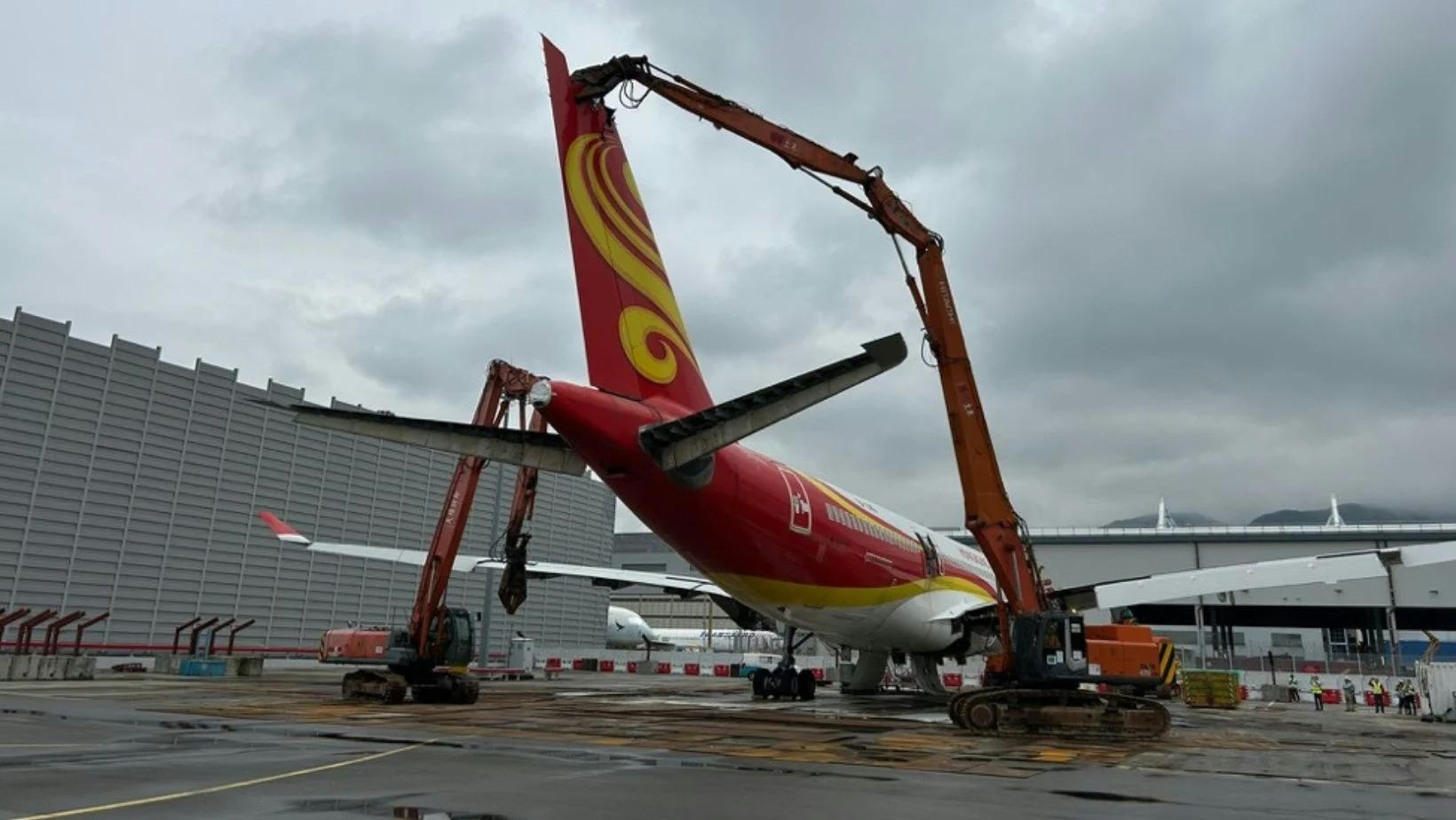
AerFin Conducts First Aircraft Disassembly at Hong Kong Airport
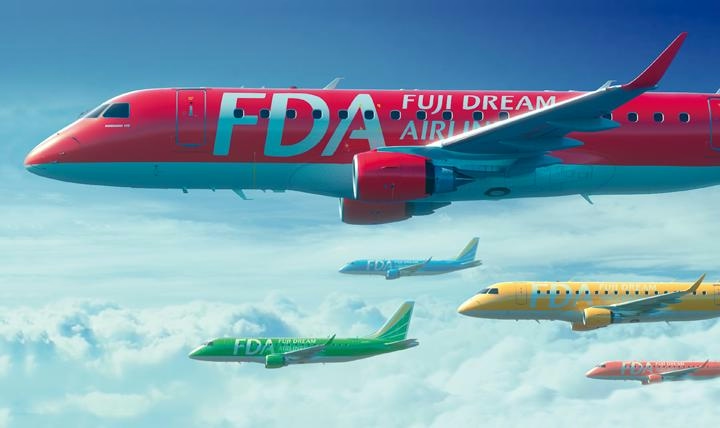
Fuji Dreams Airlines Renews Contract with IBS Software
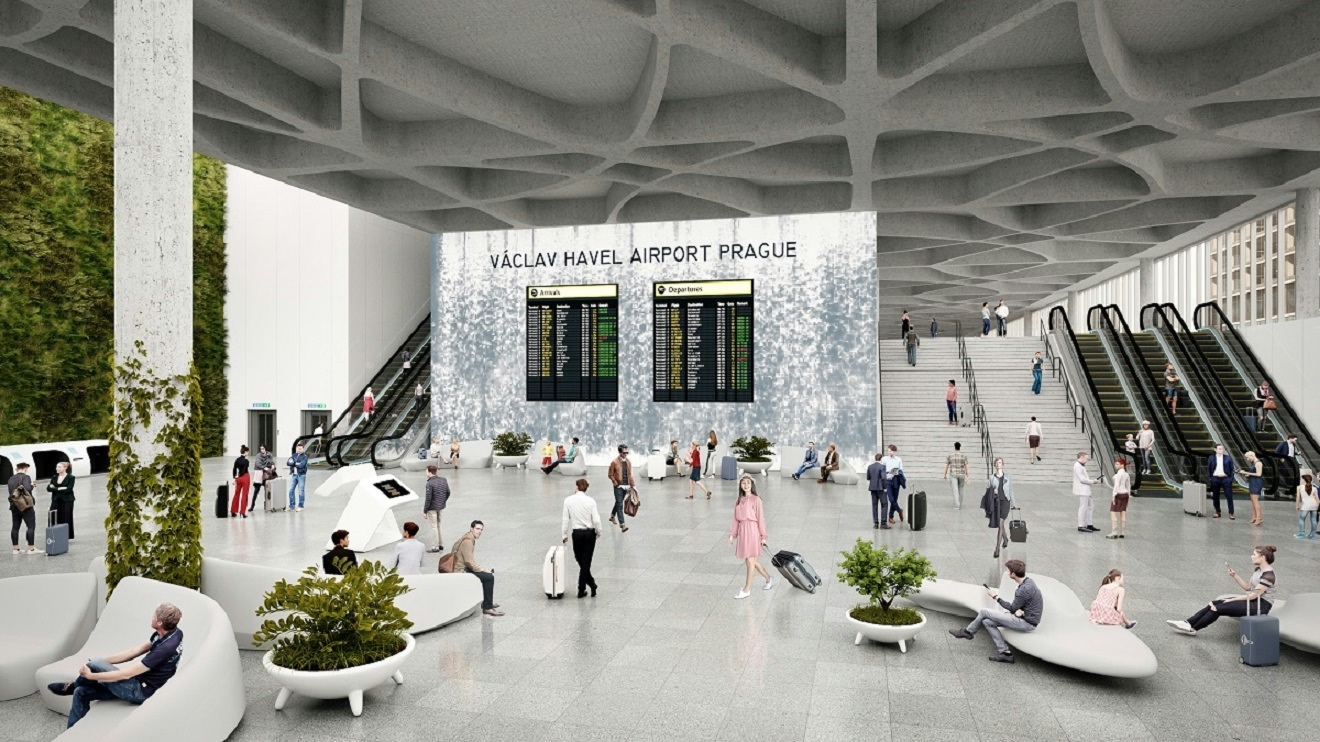
Prague Airport Advances Traveler Experience Through Technology
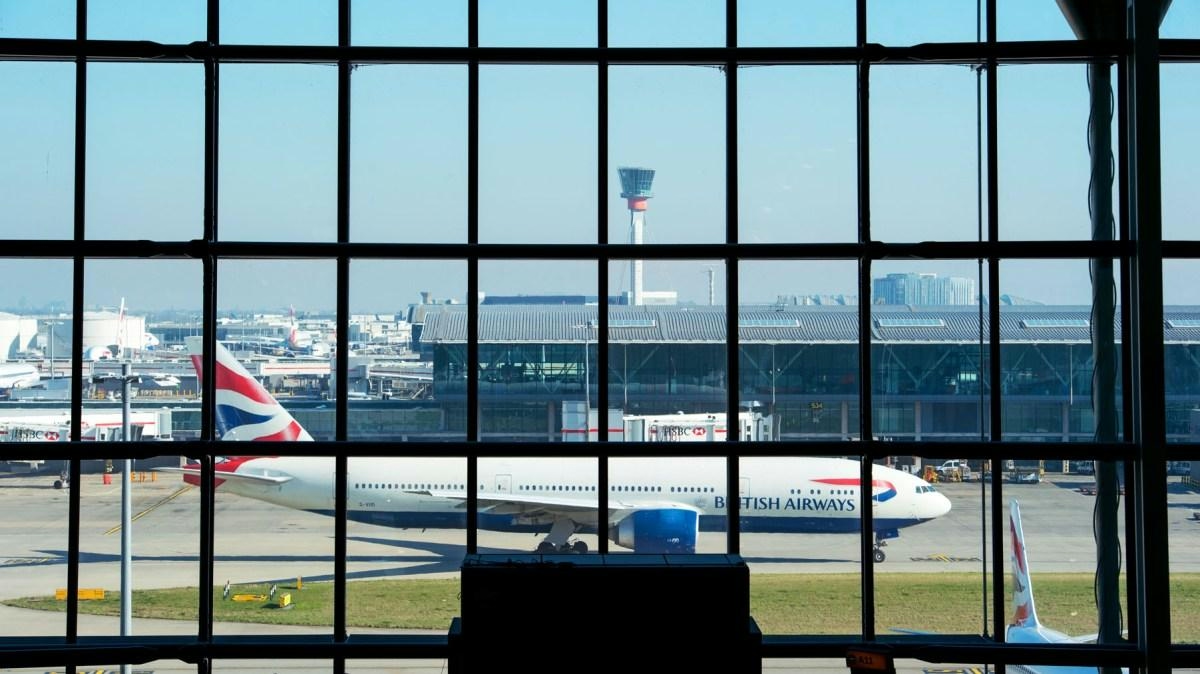
British Airways Employs AI to Reduce Delays and Cancellations
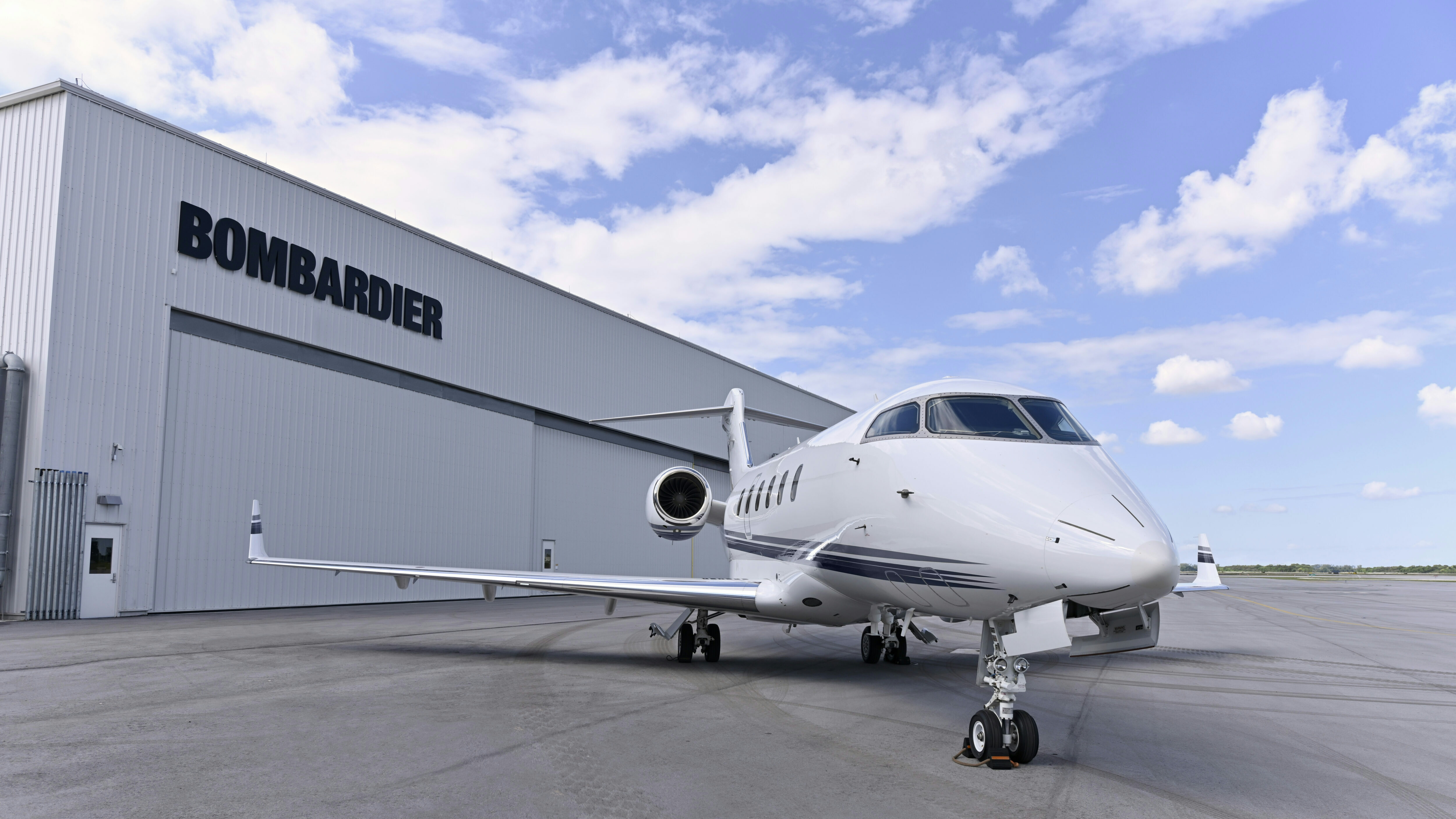
Bombardier's $1.7 Billion Deal Signals the Power of Long-Term Service Partnerships in Aviation
